Building Bridges, Driving Change, and Sustaining Impact
beyond differences
"Fostering equity is not just about doing what's right; it's about building stronger communities, more innovative workplaces, and a society where every voice is valued."
T. Renee’ Smith
35 %
Of companies that have diverse and inclusive workforces outperform their competitors. (McKinsey)
20%
Of companies that embrace diversity in thought (cognitive diversity) enhance team innovation. (Deloitte)
83%
Of global executives agree that multigenerational teams perform better, have greater work satisfaction, and produce better revenue results. (AARP)
56%
Of employees experience an increase in job performance when they feel a sense of belonging in the workplace. (Harvard Business Review)
Sustainability
Our Methodology
Creating a culture of equity and belonging isn’t something you can impose from the top down. It requires buy-in from the entire organization, with team members at every level represented, listened to, and involved. We include the whole organization in every stage of decision-making.
iSuccess empowers all team members to speak equally about equity successes and failures to ensure accurate evaluation of efforts and accountability. Our superpower is helping organizations create a culture of psychological safety and inclusion for all. We focus on three key elements in building a culture of equity and belonging: normalize, organize, and operationalize.
- Step 1. Normalize: Establish equity as a key value by developing a shared understanding of key DEIB concepts across the entire organization. Normalizing and prioritizing DEIB efforts creates greater urgency, accountability and enables change to take place more expeditiously.
- Step 2. Organize: Build leadership, staff, and organizational capacity, skills, and competencies through training and coaching. Build an infrastructure to support DEIB work including internal organizational change teams and external partnerships with other organizations and community stakeholders.
- Step 3. Operationalize: Put theory into action by implementing new tools f or decision making, measurement, and accountability. We focus on data – driven decisions.
Our Blog
Latest Posts
Diversity is not a black and white issue.
So why do we make it one?
The 101 on DEIB
We make sure everyone feels welcomed and valued.
Diversity vs. Inclusion vs. Belonging
To take these words a bit further
What is Unconscious Bias
Unconscious Bias in the Workplace
Our Clients

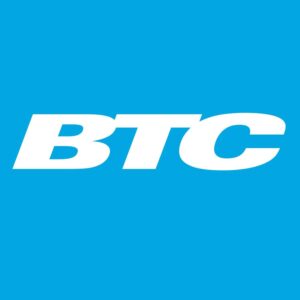



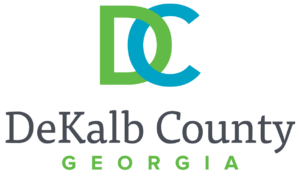


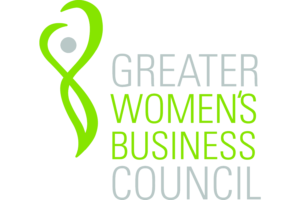
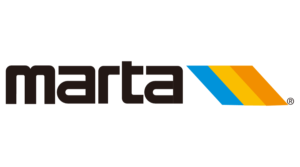
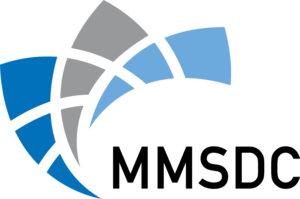

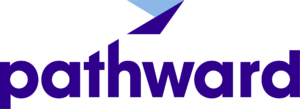


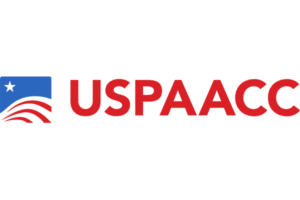
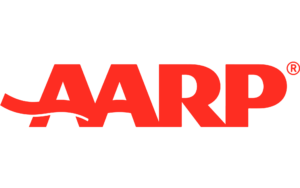
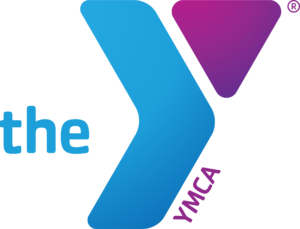


What Our Clients Say
Testimonials
DEIB Strategy, Training and Coaching
Natonya Harbison
iSucess brings high-energy and excitement to difficult DEIB conversations. They have a unique way of making everybody feel comfortable and at ease when discussing their lived experience. I’ve seen them shift the hardest opponents of DEI into advocates.
Supplier Diversity & Supplier Development
Dr. Felicia Phillips
iSucess is masterful at embedding DEIB and supplier diversity into organization goals. They don’t just focus on the “feel-good” they focus on innovative solutions that achieve business outcomes: increasing revenue, saving money, improving productivity, growing market share, and enhancing brand loyalty.
DEIB Strategy and Training
Megan Reich
iSuccess uses a methodical approach to implementing DEIB. They take the time to establish a baseline to understand what the true sentiments are surrounding DEIB without sugar coating the facts. They listen to all voices including leaders, employees, and stakeholders. They do a great job of ensuring everyone is seen, heard, and valued.
Supplier Diversity & Supplier Development
Dr. Karmetria Burton
It was critical that our Supplier Diversity Consultant have extensive business experience so they could identify with the personal and professional roadblocks to scaling a business. That along with iSuccess business strategy expertise helped us to develop a robust supplier development program that increased our diverse spend by 25%.
Let's connect
Ready to Become a DEIB Change Agent?
Frequently Asked Questions
- The organization isn’t ready for change, they want to stay status quo.
- There is no leadership buy-in and DEI is not a strategic priority.
- Leadership is unwilling to look at processes (e.g. recruiting, interviewing, hiring, advancement) through a DEI Lens.
- There is a low tolerance for differences (e.g. LGBTQ+, minorities, veterans, disability, religious).
- Leadership hasn’t designated a role or a council to have the authority to move DEI initiatives forward.
- Marginalized voices aren’t included in the conversation which leads to mistrust.
- Leadership has unrealistic expectations about the amount of time, money, resources and effort required to make an impact with DEI efforts to shift a culture.
- Lack of Transparency and Trust
- Lack of Support (time, resources, budget and ensuring DEI is a strategic priority)
- Lack of Action (executing performative DEI only)
- Lack of Inclusiveness (focusing on marginalized communities only versus fairness for all including white men)
- Diversity is a problem as opposed to an opportunity.
- White men aren’t included in diversity.
- Diversity only favors minorities and women.
- The primary means of achieving inclusion are quotas.
- Human Resources is in charge of the equality plan.
- There are not enough qualified candidates.
- DEI training solves everything.
- DEI is about lowering standards.
- Equity is the same as “equality”
- DEI is a one-time initiative.
- Discrimination is only about gender, race, and age.
Most of our consulting engagements are three years with one year renewals. We do engage in 6-month to one year contracts to perform a DEI assessment, audit and develop a comprehensive strategy. However, to experience real DEI change and a culture shift to diversity, equity, inclusivity and belonging typically requires 3-5 years to see a major impact.
- Year 1 – DEI Assessments (Qualitative and Qualitative) and DEI Strategy Development
- Year 2 and ongoing – DEI Capacity Building (Organization-Wide DEI Training and Leadership Coaching)
- Year 3 – Processes and systems overhaul utilizing a DEI Lens
We incorporate mindset and personal development in all of our DEI work. We understand that behavior change first starts at an individual level and then transcends into the workplace.






